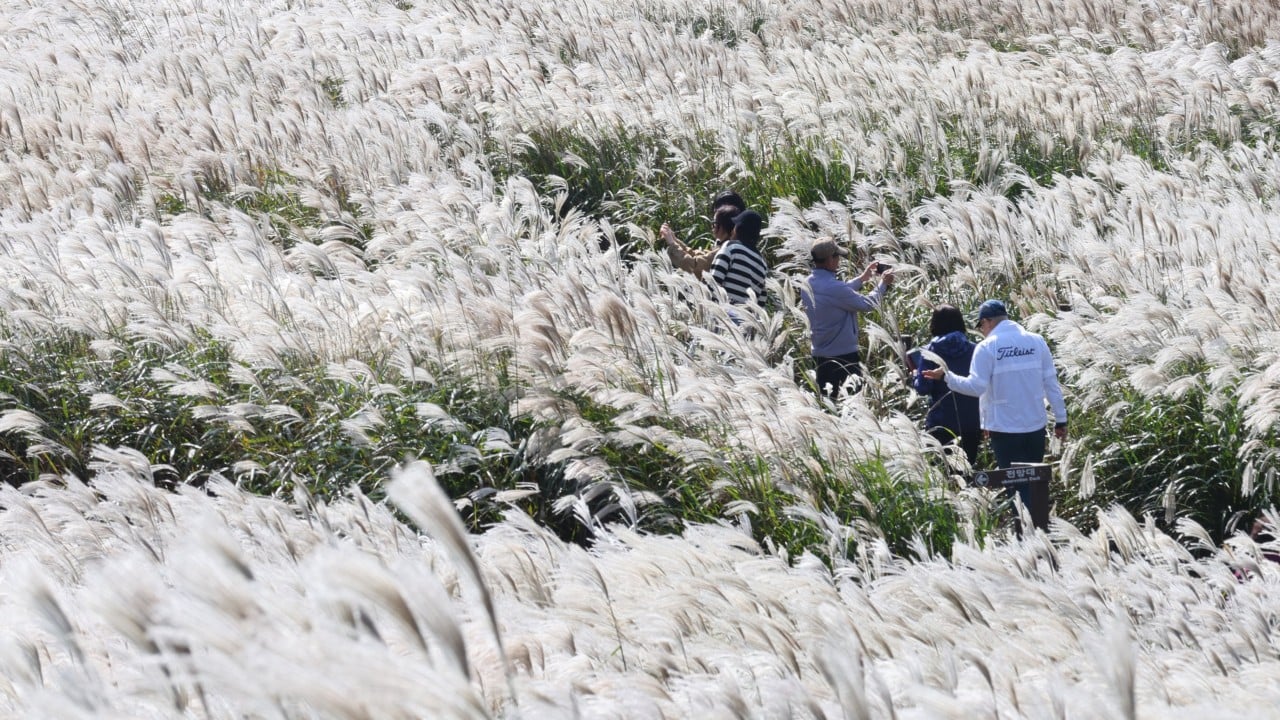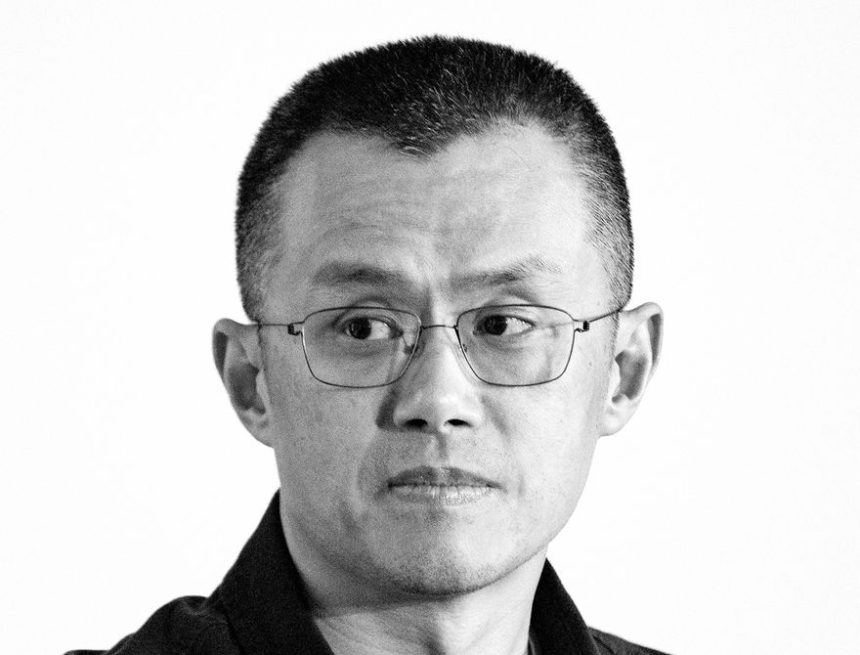
Authorities on Jeju Island are on alert after multiple packages of ketamine disguised as Chinese tea bags were discovered washed up along the island’s coastline, prompting fears of drug trafficking and damage to the island’s image as a major tourist destination.
Each package contained 1kg of the drug, tightly sealed in plastic bags labelled as oolong and other Chinese teas. The total amount collected so far is 29kg – equivalent to about 970,000 doses based on a single-use amount of 0.03 grams.
The street value is estimated at 87 billion won (US$59 million), with each kilogram worth roughly 3 billion won. Ketamine is a hallucinogenic anaesthetic that can cause delusions and auditory hallucinations.
Authorities have yet to determine how the drugs arrived on Jeju’s shores. Investigators are exploring possibilities, including illegal sea-based drug transactions, discarded contraband during police chases, or accidental losses from maritime smuggling operations.
“Since the areas where drugs were found overlap with regions where marine waste tends to collect, we believe the packages floated to Jeju’s northern coast via ocean currents,” said Kim Young-beom, head of the narcotics division at the Jeju coastguard. “Given that similar packages were found in Pohang and Japan’s Tsushima Island, it is likely they drifted in from overseas.”
He added that DNA testing and other forensic analyses are under way, but “no significant clues have been found so far”. Authorities are cooperating with domestic and international agencies to track the source.


